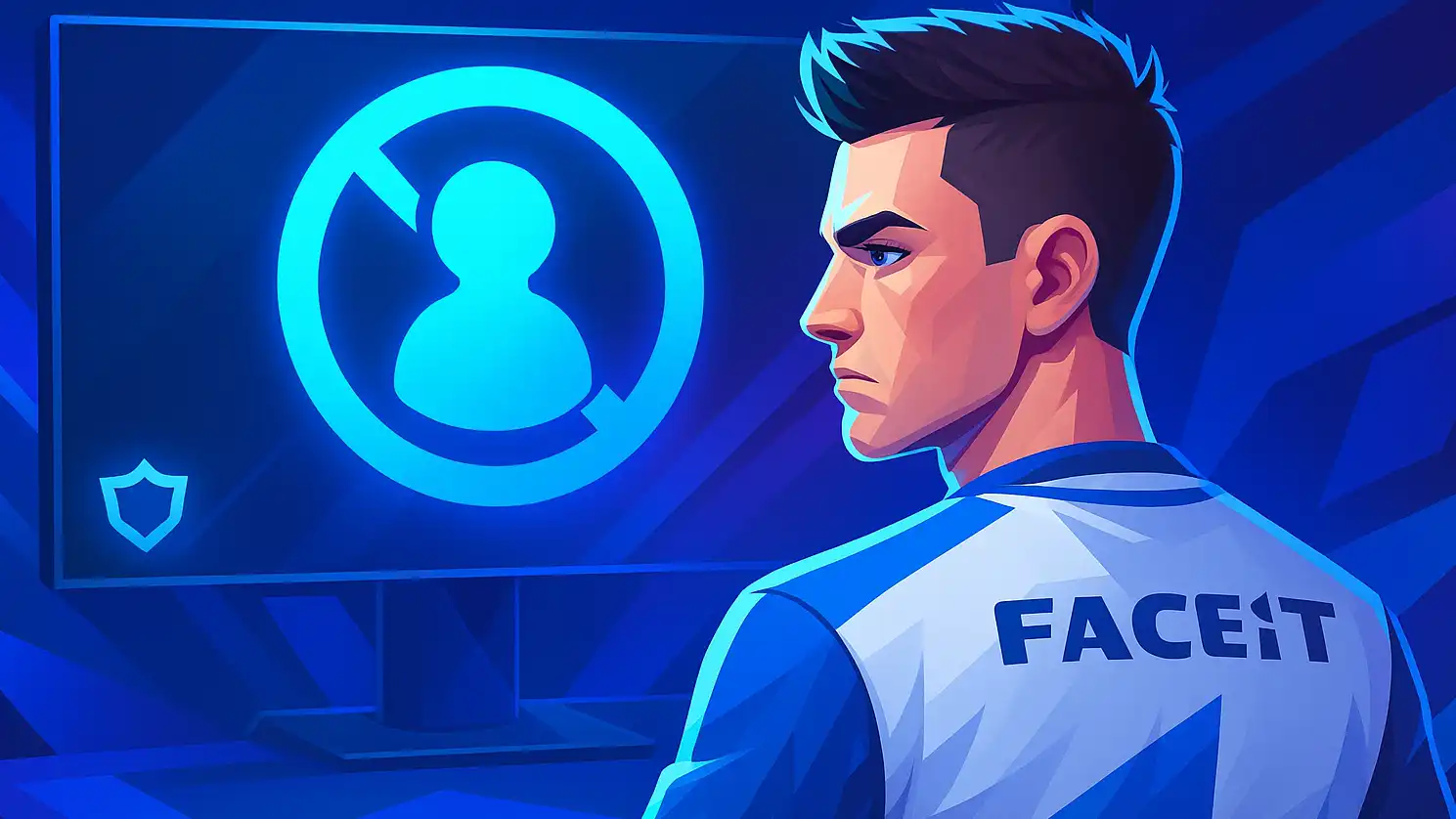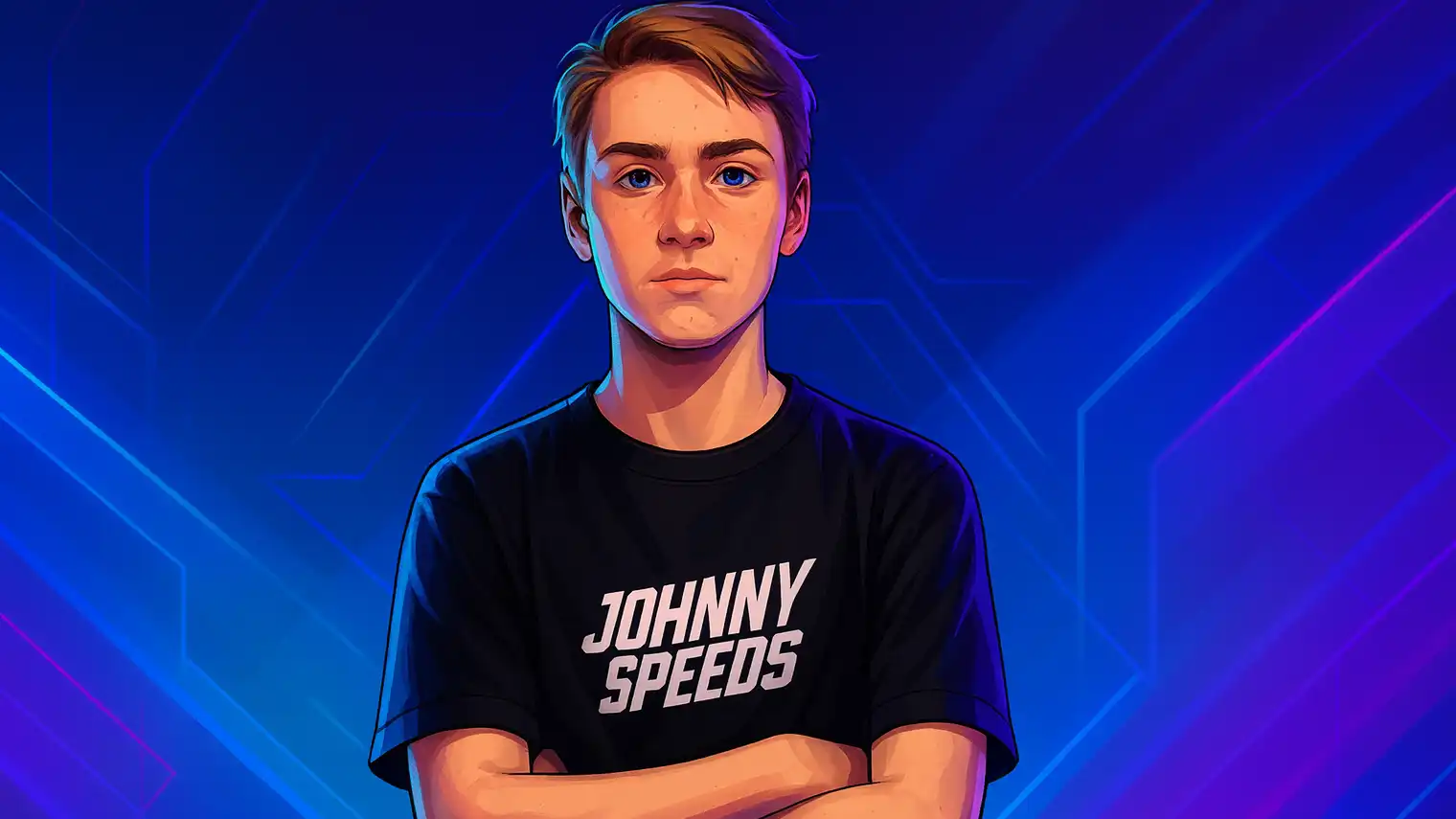FACEIT Bans Over 11,000 Smurf Accounts in a Massive One-Day Crackdown
The competitive CS2 platform FACEIT has carried out one of its largest ban waves in recent months, targeting smurfing and multi-account abuse. On November 10, 2025, the platform banned 11,057 accounts linked to multi-accounting and smurfing in just 24 hours.
FACEIT described the action as part of its “ongoing improvements” to detection systems. The company also noted that this wave comes on top of 45,000+ multi-account bans issued over the last three months — signaling a long-term effort to make matchmaking fairer.
Russian esports outlet Cybersport.ru first reported the wave in CIS media, highlighting that the bans were concentrated in a single day. Community trackers estimate that over 14,000 accounts were banned in total that day, with more than 11,000 tied specifically to smurfing and multi-accounting.
FACEIT has linked the wave to its public ban list, where players can view recent long-term bans and their reasons, including cheating, smurfing, and repeated toxicity.
Part of a Broader Anti-Smurf Campaign
This latest wave is part of FACEIT’s wider campaign against alternate accounts — a problem the platform has been fighting since the release of FACEIT 2.0 in late 2024.
-
In late 2024, FACEIT reported banning around 40,000 smurf accounts shortly after launching its new system and expected the number to exceed 100,000 as verification timers expired.
-
Only two weeks later, the platform confirmed that over 300,000 smurf accounts had already been removed — underscoring how aggressively it was pursuing the issue.
-
Earlier in 2024, FACEIT also banned more than 150,000 accounts for various forms of misconduct, including boosting and severe toxicity.
According to FACEIT’s official policy, flagged accounts are required to undergo an identity verification process. Those that fail to verify within 48–72 hours are permanently banned. Verified main accounts may receive temporary suspensions, but all smurf accounts are banned permanently, with wins from their last 100 matches reverted to prevent Elo manipulation.
New Anti-Cheat Requirements: TPM 2.0, Secure Boot, and the End of Windows 10
The smurf ban wave coincides with the rollout of stricter hardware-based anti-cheat requirements. Starting November 25, 2025, all FACEIT users must have TPM 2.0 and Secure Boot enabled to launch matches. The company reports that over 95% of players already meet these requirements.
Additionally, FACEIT announced that from October 14, 2026, it will drop support for Windows 10, aligning with Microsoft’s end of security updates for the operating system. This change aims to reduce vulnerabilities exploited by cheat developers.
FACEIT explained that TPM and Secure Boot ensure a “clean” system startup and prevent unauthorized software from loading before the game — closing off many kernel-level cheat vectors.
While most users already comply, some players have voiced frustration, claiming that Secure Boot restrictions make dual-boot or Linux setups more difficult. Still, FACEIT insists the update is necessary to maintain competitive integrity and anti-cheat reliability.
Players React: “Huge W” or Not Enough?
The November 10 ban wave sparked immediate discussion on Reddit and other social platforms.
A front-page post on r/cs2 titled “FACEIT banned 11,057 multi-accounts today – Huge W for the community” drew thousands of upvotes. One top comment read:
“Should have banned both accounts — the smurf and the main.”
Other users shared personal experiences of being banned or verified, debating whether the system sometimes affects legitimate players who share PCs or experience inconsistent performance.
Many welcomed the crackdown as long-overdue. “ELO finally matters again,” one player joked, reflecting a widespread sense that FACEIT matches had been overrun by smurfs for years.
The Context: Two-Year Bans and Community Tension
The crackdown also follows controversy over FACEIT’s decision to issue two-year bans for players exploiting recent CS2 movement bugs — including the “Super Jump” and “Teleport” exploits.
While some supported the punishment, saying harsh measures were essential to preserve integrity, others mocked the severity, with one viral comment reading:
“Lmao, two-year ban for a bug.”
Critics also argued that smurfs should receive similar long-term bans, accusing the platform of inconsistency. For many, the 11,000-account purge was the proof they had been waiting for that FACEIT was serious about enforcement.
Pros and High-Level Players Applaud the Move
Professional and high-Elo players have been vocal about the smurfing problem on FACEIT for years.
Esports agent Jérôme Coupez recently summarized the sentiment bluntly:
“Smurf or cheats is really killing the experience.”
German rifler S1n expressed similar frustration earlier, calling FACEIT a “smurf platform” and urging the company to “get [its] shit together.”
Even FACEIT’s own social media accounts have acknowledged the problem humorously, once joking that “smurfs had kevlar + helmet” when explaining delays to detection updates.
Given this history, the November ban wave is widely seen as long-awaited progress.
What It Means for Regular Players
For everyday CS2 players on FACEIT, the implications are clear:
Running multiple accounts is now a major risk. Any alternate account is treated as smurfing and will be permanently banned.
Verification is key. If flagged by the system, users must verify their identity and link their main account within the given window or risk permanent suspension.
Hardware compliance is mandatory. Starting November 25, TPM 2.0 and Secure Boot must be enabled, and Windows 10 support will end in 2026.
These measures mark a decisive step toward a more secure, transparent, and competitive FACEIT ecosystem. Whether players will notice a lasting improvement in match quality remains to be seen — but the ban of 11,057 smurf accounts in one day shows that FACEIT’s anti-smurf war is far from over.






